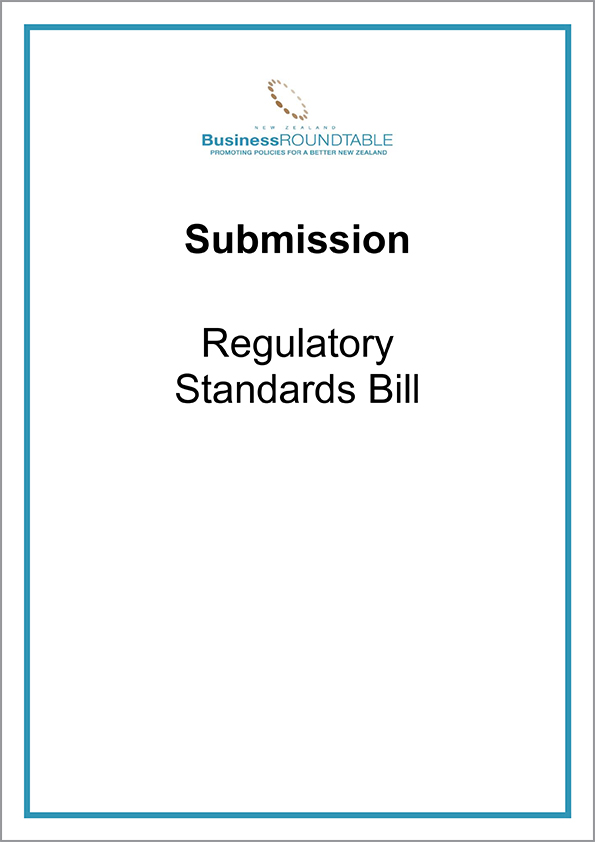
Critics Decry 'Constitutional Straitjacket' Regulatory Standards Bill
The recently introduced Regulatory Standards Bill has sparked widespread condemnation from critics who argue that it would impose an unconstitutional "straitjacket" on government agencies' ability to protect the public.
The Proposed Bill's Provisions
The Regulatory Standards Bill, put forward by [Sponsoring Party], seeks to establish a set of rigid standards that government agencies must adhere to when promulgating regulations. These standards include:
- A requirement that all regulations be based on "sound science"
- A prohibition on "undue burdens" on regulated entities
- A requirement for cost-benefit analyses of all regulations
Arguments against the Bill
Critics of the bill argue that these standards are overly restrictive and would make it extremely difficult for agencies to take meaningful action to protect the public. They contend that:
1. The "Sound Science" Standard is Unclear and Subjective
The bill's requirement that regulations be based on "sound science" is vague and open to interpretation. This could allow regulated entities to challenge regulations based on their own biased scientific studies, even if those studies are not supported by the majority of scientific experts.
2. The "Undue Burden" Standard is Unfair and Subjective
The bill's prohibition on "undue burdens" would prevent agencies from taking necessary actions to protect the public if those actions are deemed to be too costly or disruptive to regulated entities. This standard favors the interests of businesses over the well-being of the public.
3. Cost-Benefit Analyses are Flawed and Unreliable
The bill's requirement for cost-benefit analyses of all regulations is based on the flawed assumption that all regulations can be accurately quantified in terms of their costs and benefits. In practice, it is often impossible to accurately predict the full costs and benefits of a regulation, and this will lead to agencies being unable to take necessary actions to protect the public.
Real-Life Examples of the Bill's Impacts
Critics of the bill have pointed to several real-life examples of how the bill would harm public health and safety:
- The bill would make it more difficult for the Environmental Protection Agency to regulate air pollution, which would lead to increased asthma and other respiratory illnesses.
- The bill would make it more difficult for the Food and Drug Administration to regulate the safety of drugs and medical devices, which would put the public at risk.
- The bill would make it more difficult for the Occupational Safety and Health Administration to regulate workplace safety, which would lead to more worker injuries and deaths.
Conclusion: A Threat to Public Health and Safety
The Regulatory Standards Bill is a dangerous and unconstitutional piece of legislation that would undermine the ability of government agencies to protect the public from harm. Its vague and subjective standards would make it extremely difficult for agencies to take meaningful action, and its focus on cost-benefit analyses would favor the interests of businesses over the well-being of the public. This bill is a threat to public health and safety and must be defeated.

0 Comments: